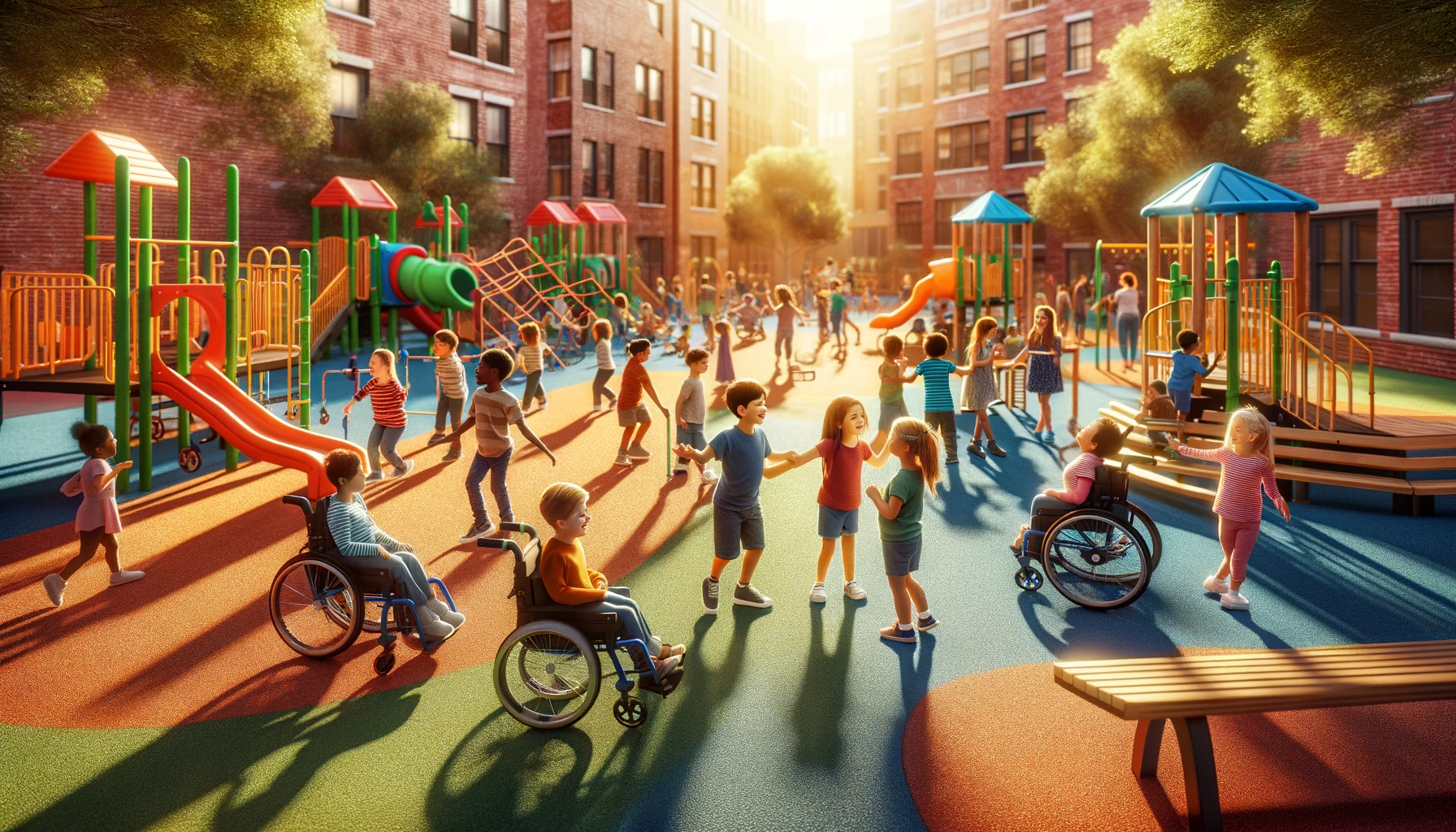M.E. Foundation INC © 2023 All rights reserved

Greetings to all the amazing parents and guardians out there! Navigating the journey of parenthood brings a unique set of joys and challenges, especially when your child has a disability. One of the most heartwarming yet sometimes daunting tasks is helping your child form and maintain friendships. Understanding, connecting with others, and cultivating meaningful relationships are essential aspects of everyone’s life, and our children are no exception. This comprehensive guide is dedicated to sharing practical, empathetic advice on fostering friendships for your child with a disability.
Friendships often blossom in environments where children feel safe, accepted, and free to be themselves. Encouraging your child to engage in social activities, clubs, or groups that align with their interests can be a fantastic starting point. Social skills groups, specifically designed for children with disabilities, provide a structured yet nurturing environment where your child can practice and learn social cues and interaction skills. Moreover, participating in community events or special interest clubs opens up new avenues for your child to connect with peers who share similar passions.
Communication is the cornerstone of any relationship. Teaching your child effective ways to express themselves and understand others is crucial. You can model positive social interactions and use role-playing games to practice scenarios your child might encounter. Encouraging your child to articulate their feelings, needs, and preferences not only boosts their confidence but also helps them navigate social landscapes more effectively. Moreover, guiding them on how to assertively express their boundaries and respect those of others lays the foundation for healthy, respectful friendships.
In our digital age, technology can be a valuable tool in helping your child connect with others. Introducing them to safe, moderated online platforms where they can meet peers with similar interests or experiences can broaden their social circle beyond geographical constraints. Teaching them the nuances of digital communication, including texting etiquette, video call interactions, and responsible social media use, can enhance their ability to maintain friendships in today’s connected world. However, it’s also important to have open discussions about online safety and privacy.
Schools play an instrumental role in your child’s social development. Collaborating with teachers, school counselors, and administrators to promote an inclusive atmosphere ensures that your child, along with their peers, learns the value of diversity and mutual respect from an early age. Initiatives like buddy systems, inclusive education workshops, and school-wide awareness campaigns can cultivate an environment where friendships flourish without the barriers of misunderstanding or prejudice.
Embarking on the journey to help your child with a disability develop friendships is filled with moments of both triumph and learning. Remember, each child is unique, and what works for one may not work for another. Patience, persistence, and lots of love and support are your best tools. Celebrate the small victories, learn from the challenges, and keep fostering an environment where your child feels empowered to make and maintain meaningful friendships. You’re not alone in this journey, and the friendships your child will form are worth every effort.
M.E. Foundation INC © 2023 All rights reserved